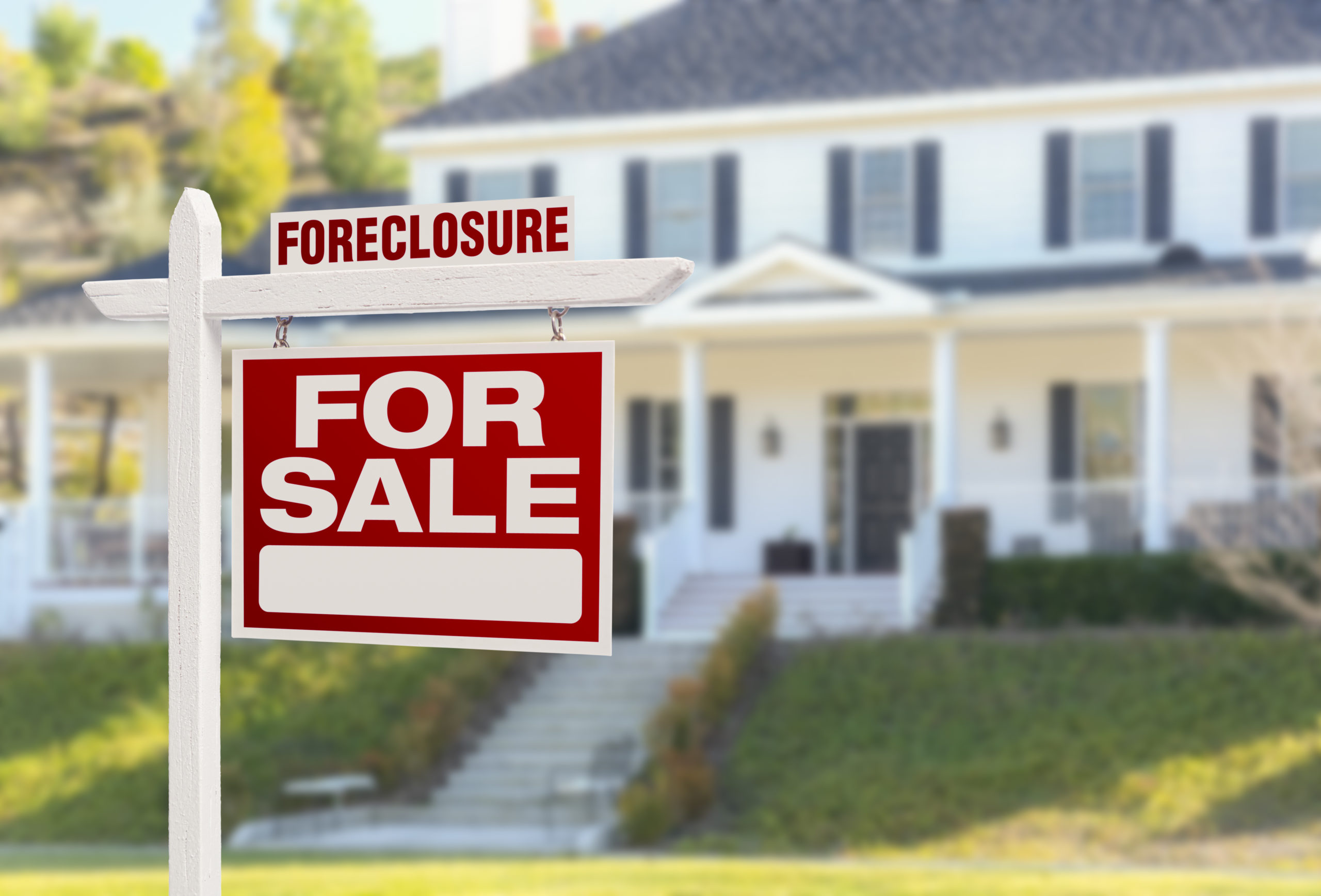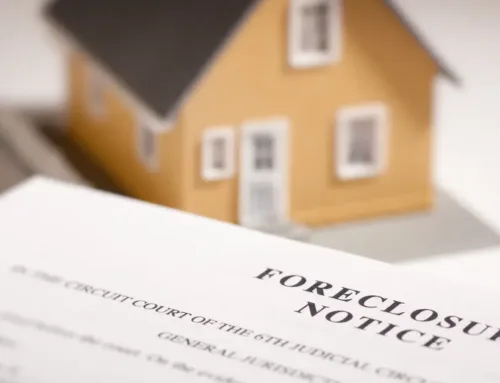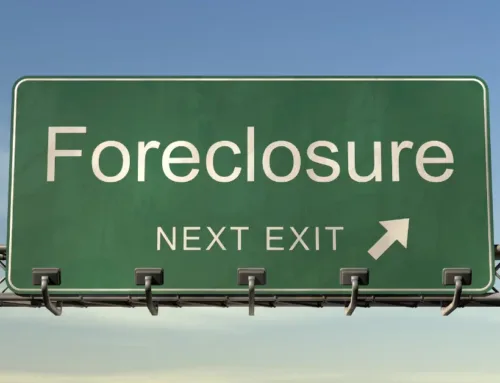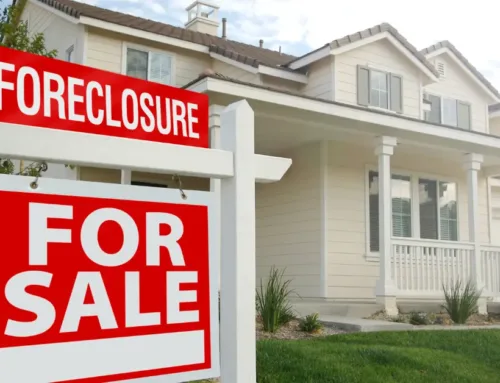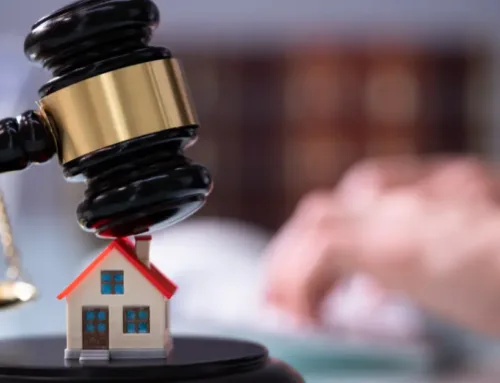Short Sale vs Foreclosure: What’s the Difference?
When a homeowner struggles with making mortgage payments, they may be in danger of losing their home. If you have found yourself in this situation, you have a few options:
- Foreclosure. The lender seizes the property.
- Short Sale. The property is sold before foreclosure.
- Deed in Lieu of Foreclosure. The borrower signs the deed over to the lender in order to be released from the loan debt-free and clear.
- File for Bankruptcy. The borrower can file for bankruptcy and stop the foreclosure process.
All four options have their advantages and disadvantages, but which is best for you depends on the situation. Let’s compare a short sale vs foreclosure since those are the most common options.
What is a Short Sale?
If you owe more on your mortgage than the market value or sale price of your property, you may be able to do a short sale. In this case, the mortgage lender accepts less than what is owed to them. A lender may agree to a short sale if they think that is in their best financial interest. If the lender knows you are unable to pay the amount of the mortgage, the lender benefits from the short sale by avoiding the cost and time involved in foreclosure and resale of the property.
Important points:
- After a short sale, the homeowner is free and clear of the loan.
- The homeowner avoids having a foreclosure on their credit report.
- The homeowner can buy another home right away.
- The buyer of the property avoids the risks of purchasing a foreclosed property.
What is Foreclosure?
If you have missed 3 or more monthly payments on your mortgage, the lender has the right to pursue foreclosure. The lender can file a Notice of Default with the County, thus starting the foreclosure process. You will be notified of the pending foreclosure and given 20 days to pay the past due balance to your lender. You also have the option to attempt a short sale during this time. If the loan is not made current or sold within the 20 day period, the lender will foreclose on the home and repossess it.
- A foreclosure will remain on your credit report for 7 years.
- You will have to wait 5 years before you attempt to buy another home.
- Buying a foreclosed home is risky because it is purchased sight unseen, meaning there could be significant structural problems or unknown liens on the property.
Deed in Lieu of Foreclosure
Another option is a deed in lieu of foreclosure. In this case, the borrower transfers the title directly to the lender in exchange for being freed and cleared from the loan. This option benefits the borrower because they avoid having a foreclosure on their credit report. It also benefits the lender because they can avoid the cost and time associated with the foreclosure. The lender can simply sell the property after this transaction.
Filing for Bankruptcy
One way to stop a foreclosure from occurring is to file for bankruptcy. When you officially file bankruptcy, an “automatic stay” goes into effect. Filing Chapter 7 bankruptcy can delay a foreclosure for a few months. Filing Chapter 13 bankruptcy may allow you to keep your home for the long term.
Discuss Your Options With a Foreclosure Defense Lawyer
A foreclosure defense lawyer can help you determine the best course of action if you are facing foreclosure. As soon as you find that you are unable to make your mortgage payments, contact a real estate attorney who handles foreclosure defense. Short sale vs foreclosure can be a difficult decision to make, so it’s important to have professional legal advice in the matter.
Facing Foreclosure? Kelly Legal Group Can Help
Financial hardship can happen to anyone unexpectedly. If you find that you are unable to make your mortgage payments, contact Kelly Legal Group right away. We can help you fight foreclosure and decide on the best option to protect your rights and your credit.
Call (512) 505-0053 or contact us today to schedule a consultation. We fight for the rights of homeowners in Austin, Texas, and the surrounding area.

